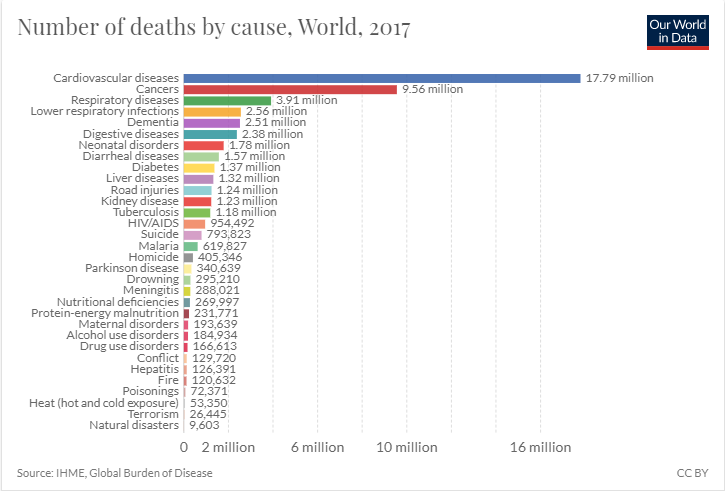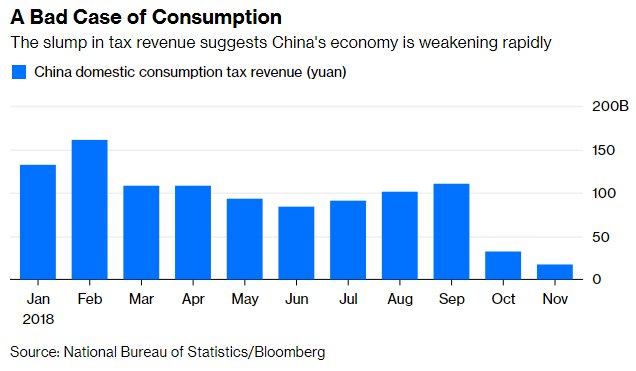Will the shift to service industries make central planning more viable and important?
bloomberg.com/opinion/articl…
theatlantic.com/magazine/archi…
bloomberg.com/opinion/articl…
bloomberg.com/opinion/articl…
Maybe.
The reason: Advanced economies are shifting from agriculture and manufacturing to health care, education, and other services.
This could change the game entirely.
Food and manufactured goods show their value (and cost) right away, so prices can convey information.
Markets in these goods can be very competitive.
And these goods tend to be tradeable.
commonwealthfund.org/series/mirror-…
(Housing is the third. That's a much more complex case, and I'll talk more about that in subsequent posts.)
(end)
bloomberg.com/opinion/articl…















